Motherhood
This Mother’s Day, it’s a fitting time to honour the maternal figures within the Jabulani elephant herd. These magnificent creatures represent the epitome of motherhood, showing resilience, tenderness and devoted care not only to their own calves, but for the rescued orphans that need a mother too.
What sets the Jabulani herd apart is the diverse range of maternal roles assumed by the elephants. In the wild, elephant herds typically don’t accept orphaned calves into their family. This reality became evident in 1997 when attempts to reintroduce Jabulani to a wild herd were unsuccessful. However, when the Jabulani herd relocated from Zimbabwe to South Africa, a solution emerged. As orphans themselves, the herd accepted Jabulani into their family, and have continued to do so with orphans in need ever since. Within the Jabulani herd, biological mothers seamlessly transition into the role of adoptive mothers.
When Tokwe gave birth to Limpopo back in 2006, it was seen as a positive sign that the elephants were settling well into their new South African surroundings post their move from Zimbabwe. Just six months after Limpopo’s arrival, Klaserie joined the herd, with Setombe as her mother. Following suit, Bubi welcomed Zindoga, and soon after, Lundi had Mambo. The last elephant born into the herd is Pisa, Tokwe’s second calf. Elephants take their roles as mothers seriously, and Tokwe, Setombe, Lundi, and Bubi have proven to be dedicated and loving mothers to their young ones.
Tokwe and Limpopo
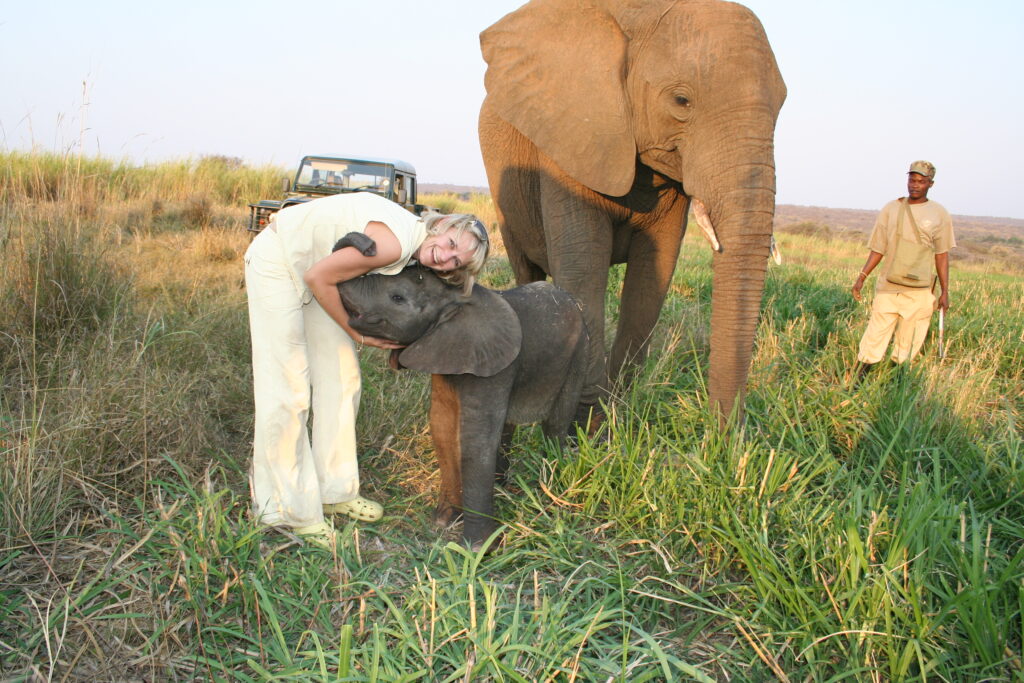
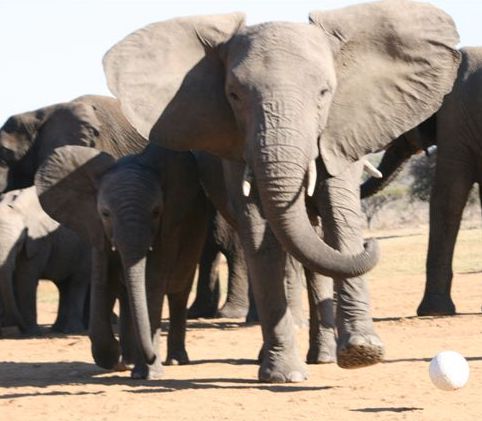

Setombe and Klaserie
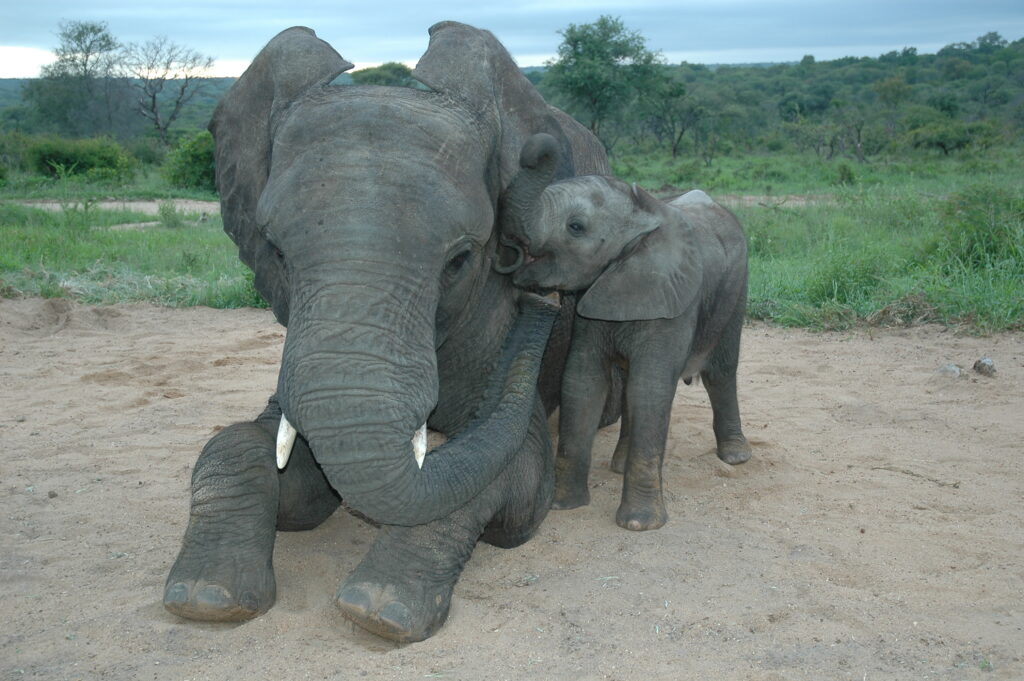
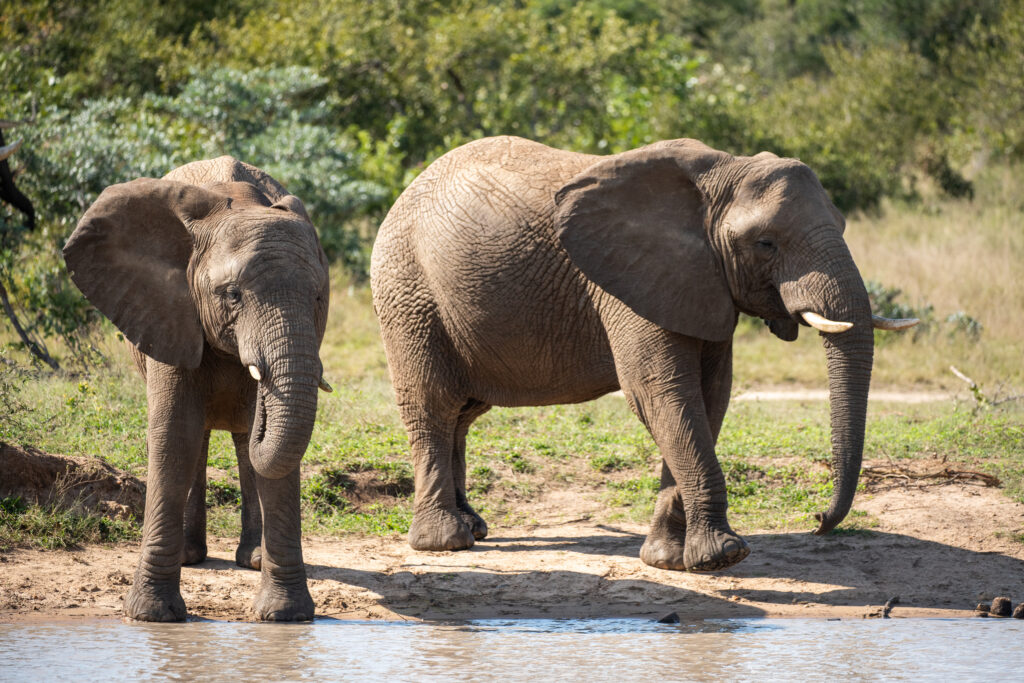
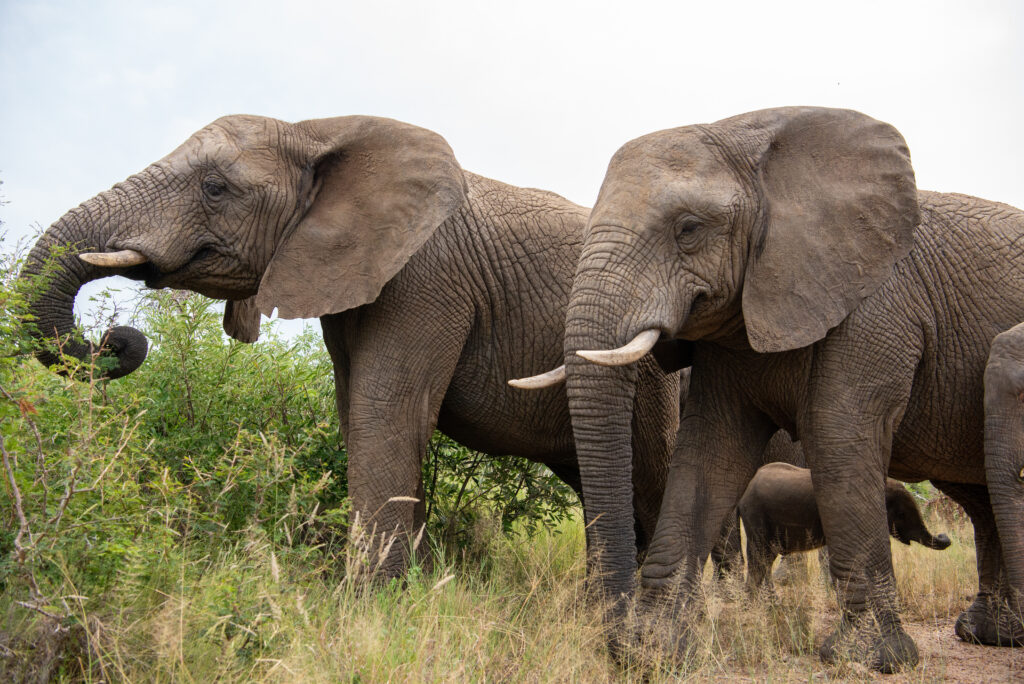
Bubi and Zindoga
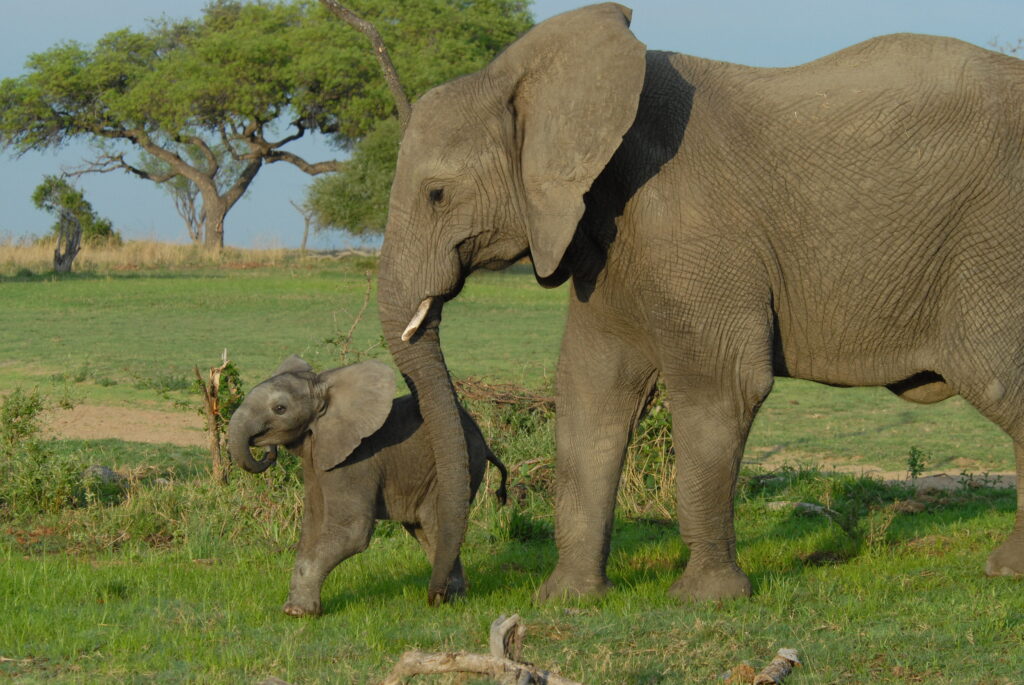
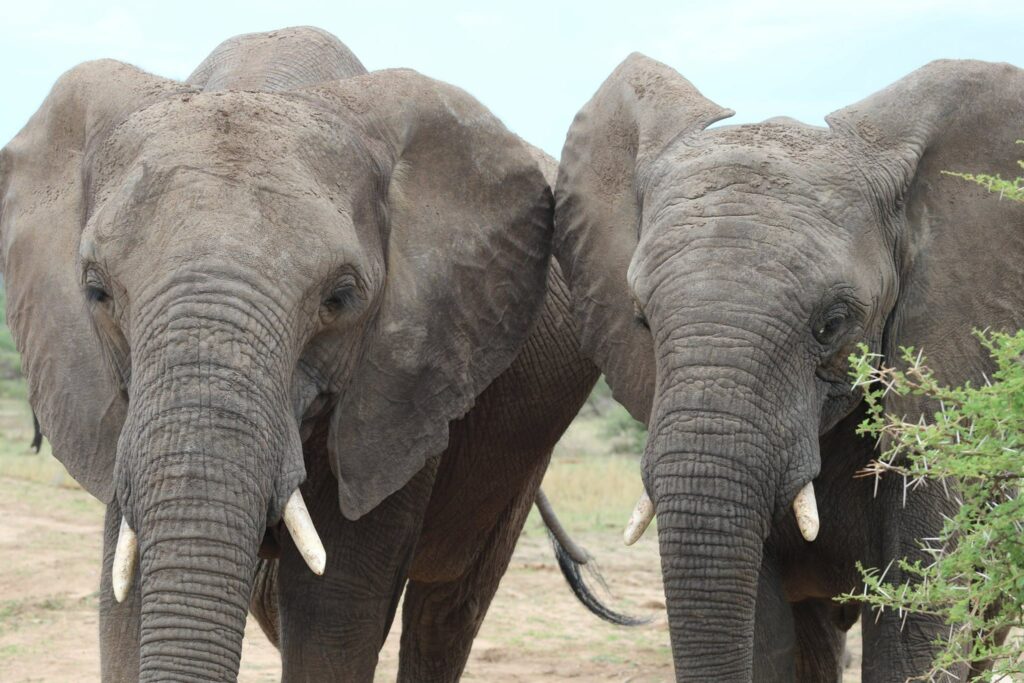
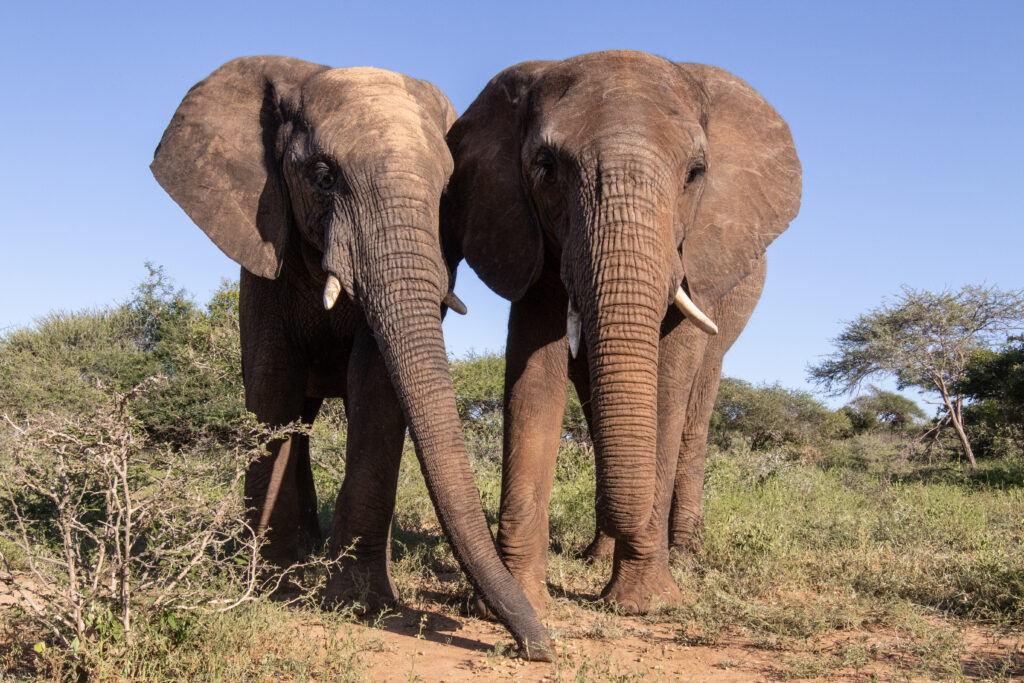
Lundi and Mambo
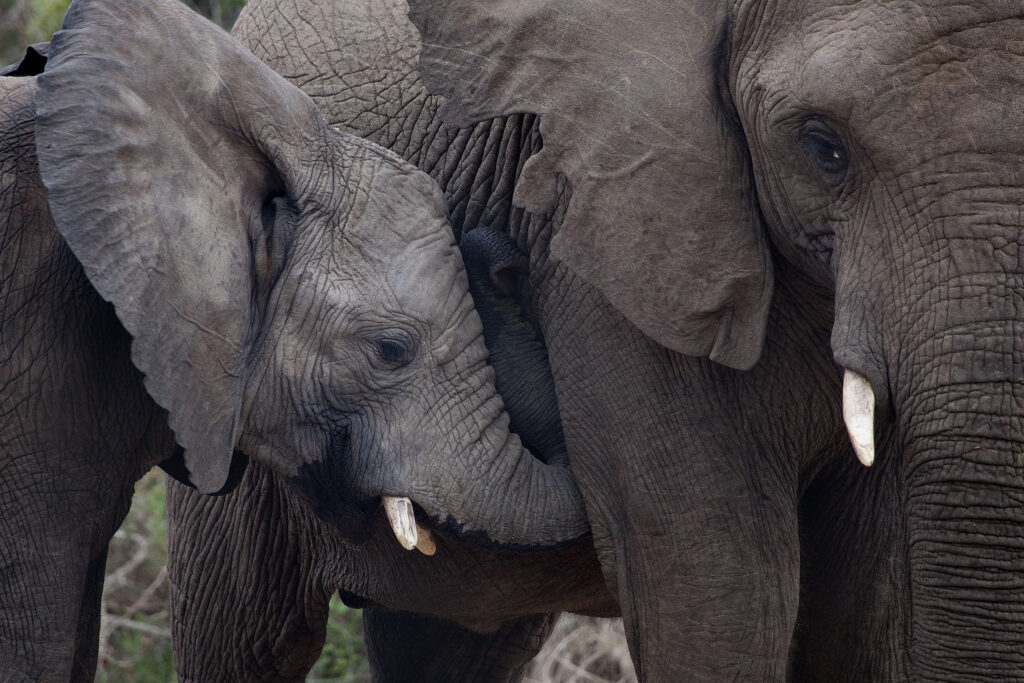
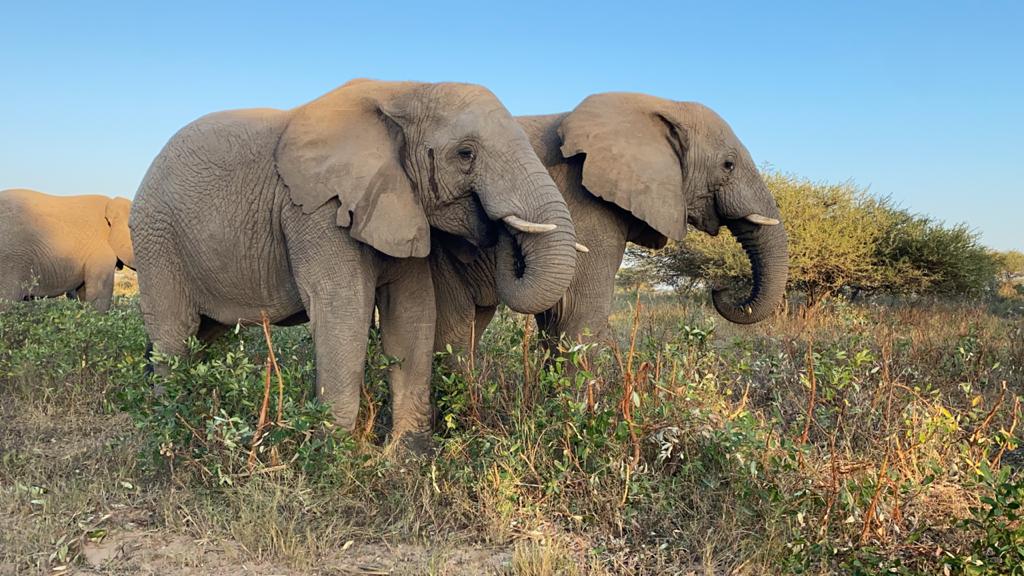
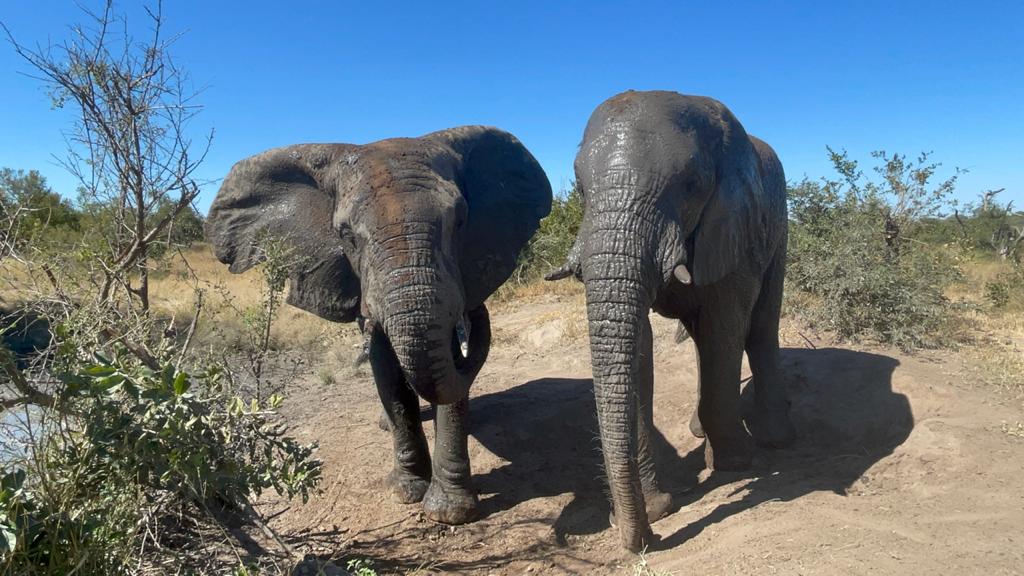
Tokwe and Pisa
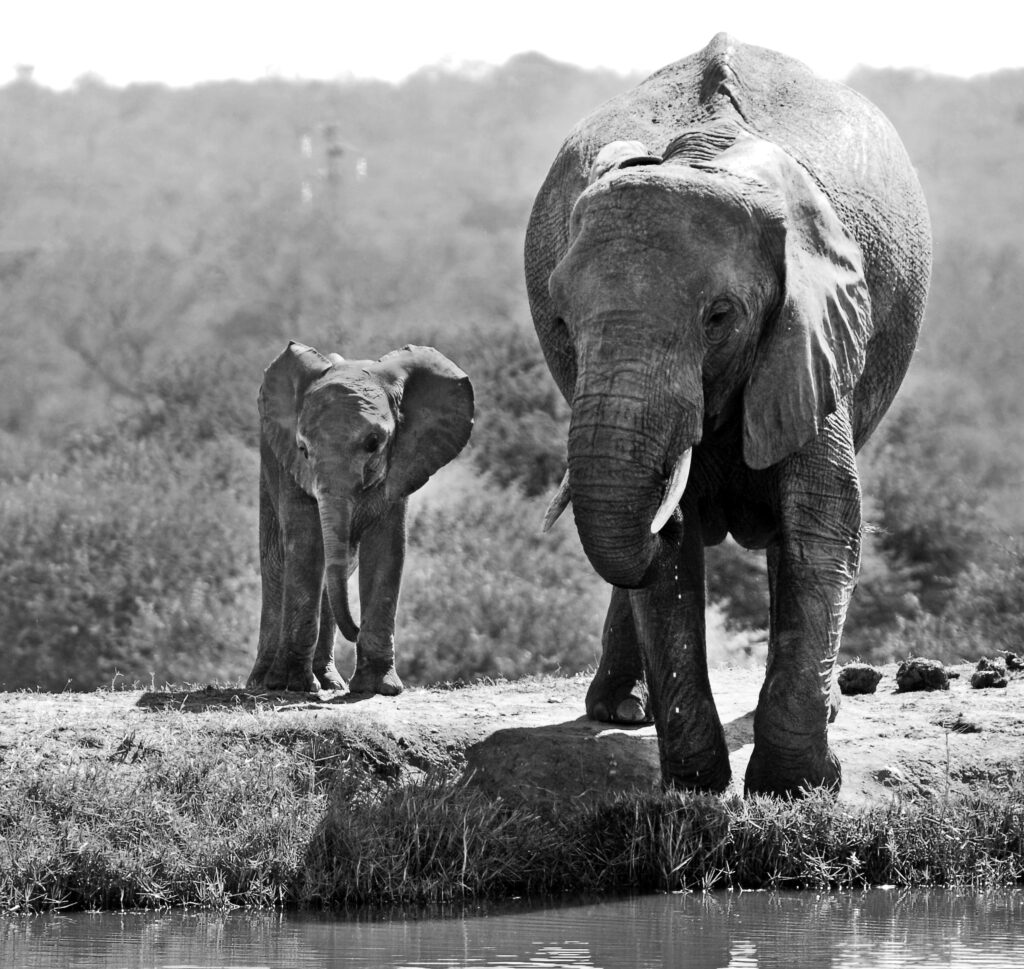
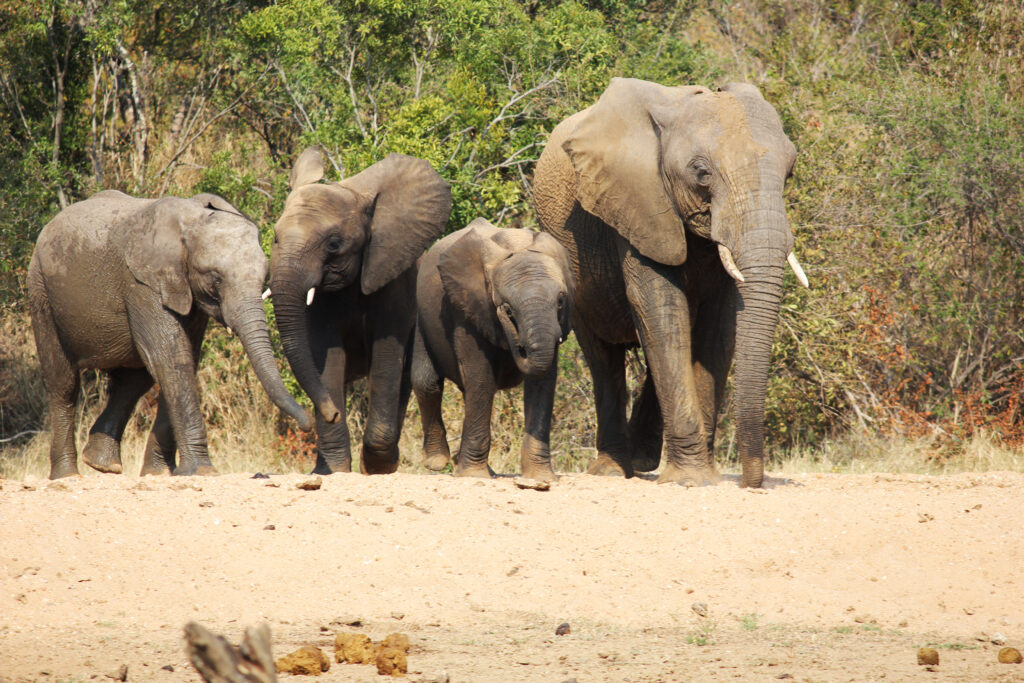
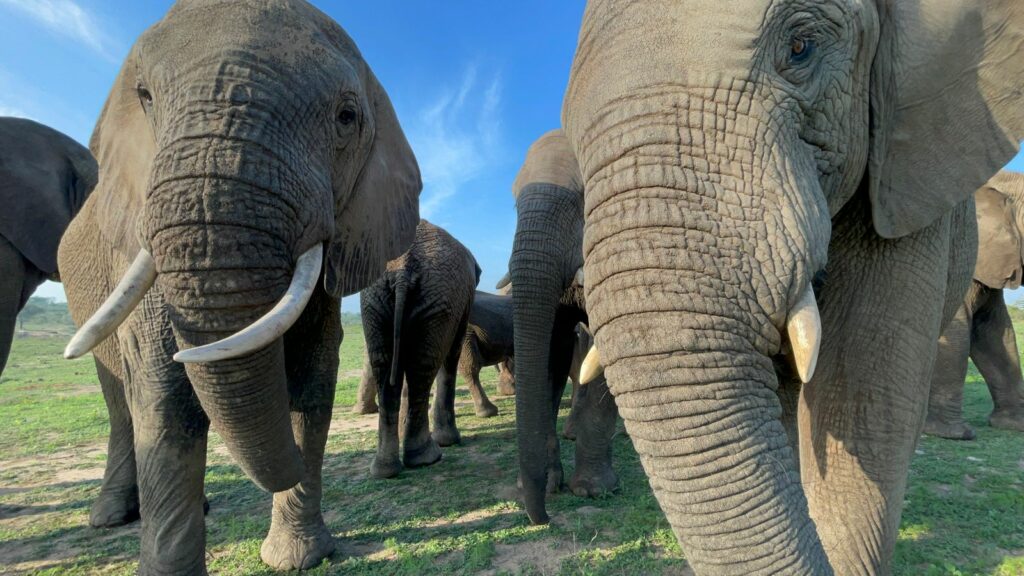
Adoptive Mothers
Discovered wandering alone in a private game reserve in 2009, Kumbura became the first orphan to be welcomed into the herd following Jabulani’s integration. While capable of feeding herself, Kumbura still needed the guidance and support of a maternal figure. This role was shared between Tokwe and Lundi who stepped in as adoptive mothers. Not long after, Tokwe extended her maternal care to Timisa, embracing her as her own following the tragic loss of Timisa’s mother to severe drought. Lundi took on the nurturing role for Khanyisa, found severely wounded from a snare. Setombe surprised us all when she accepted Phabeni as her calf this year. Setombe has been devoted to caring for Klaserie, and has not shown interest in the orphans. When she and Phabeni met, there was an instantaneous connection.
The care and love provided by the mothers within the Jabulani herd make the recovery journeys of orphaned elephants easier. Their nurturing support creates a safe space for orphaned calves to heal both physically and emotionally, instilling a sense of belonging and security.
Tokwe, Lundi and Kumbura
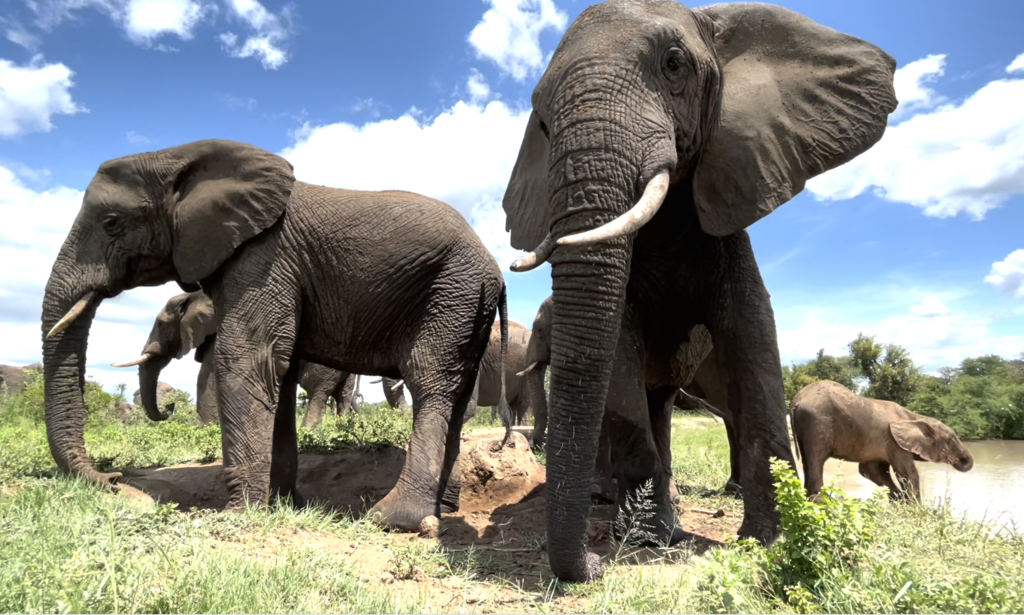
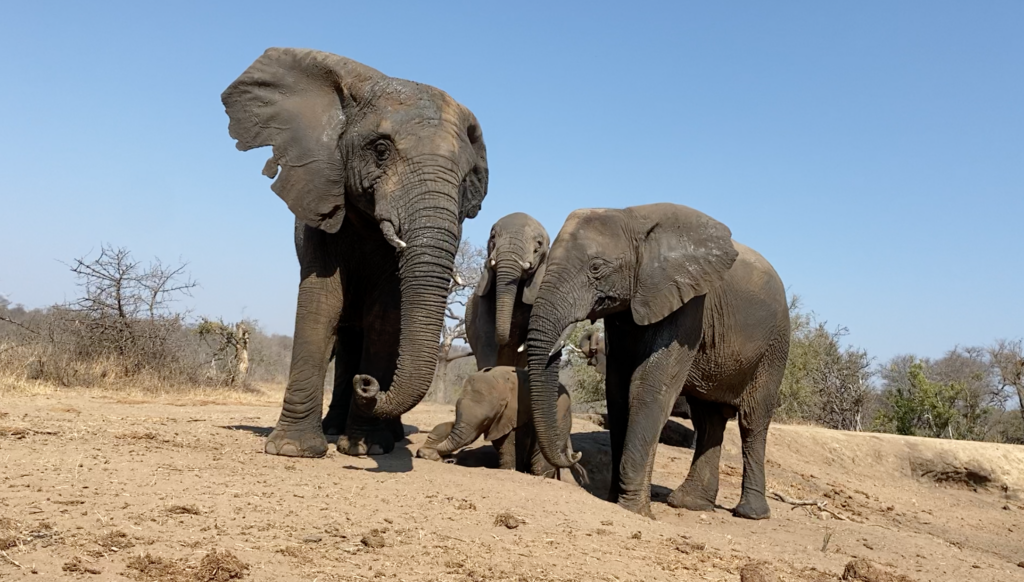
Tokwe and Timisa
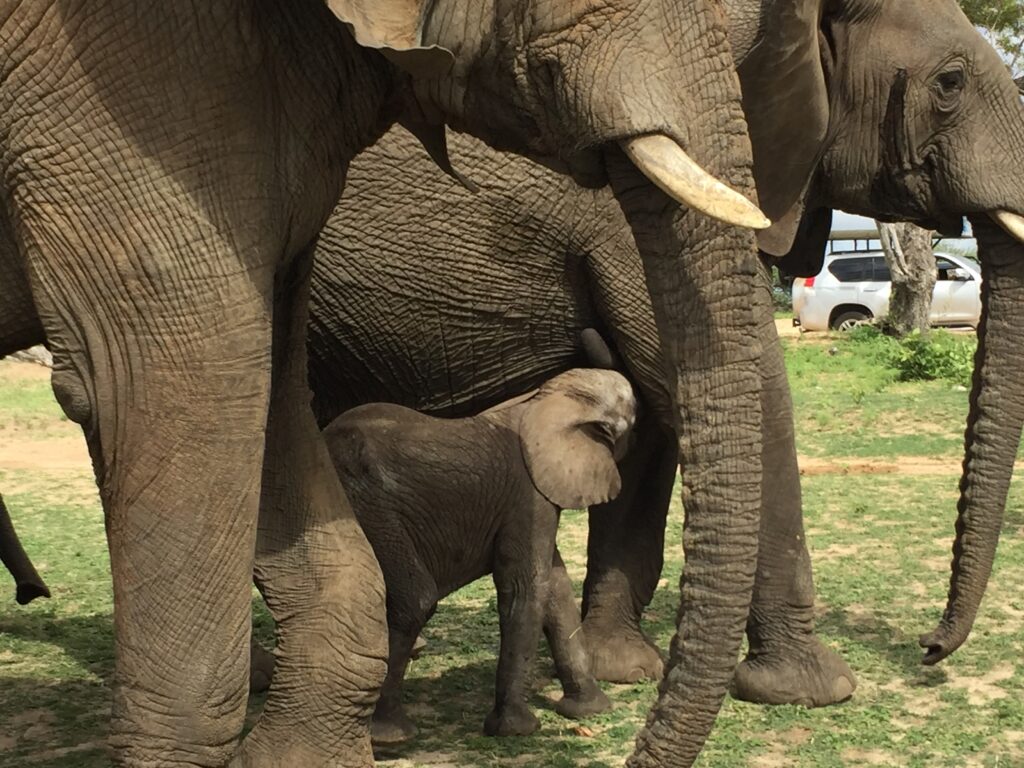
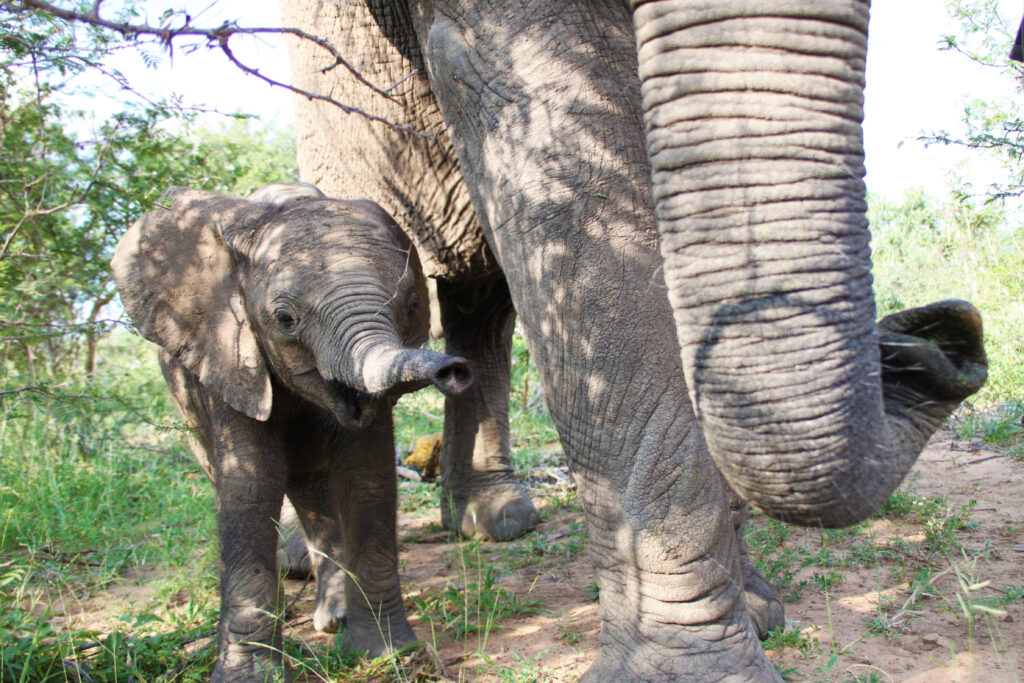
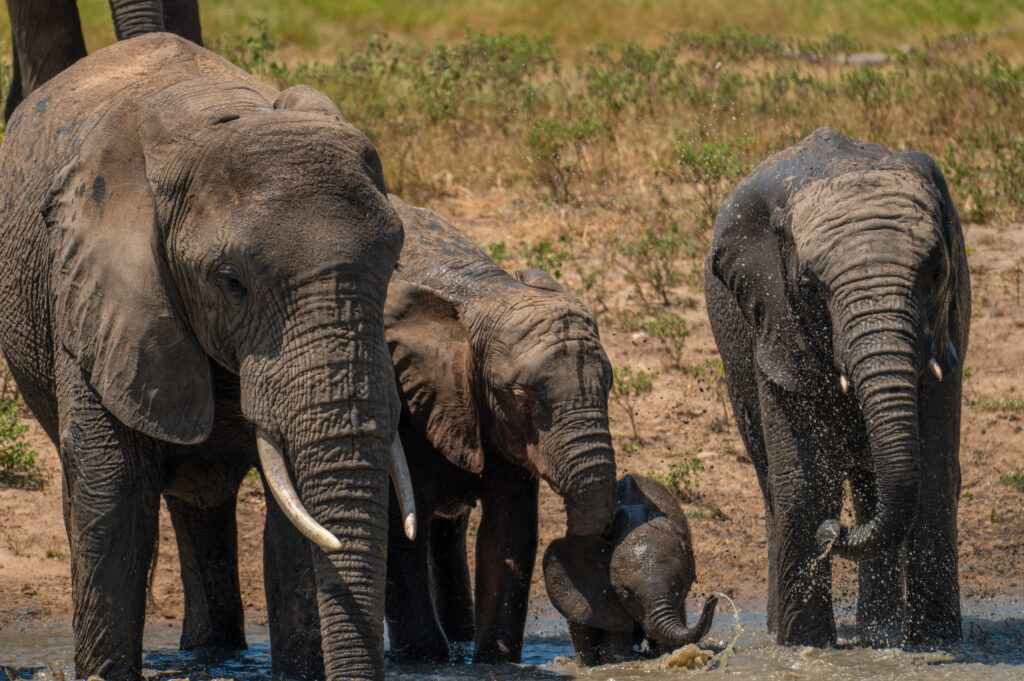
Lundi & Khanyisa
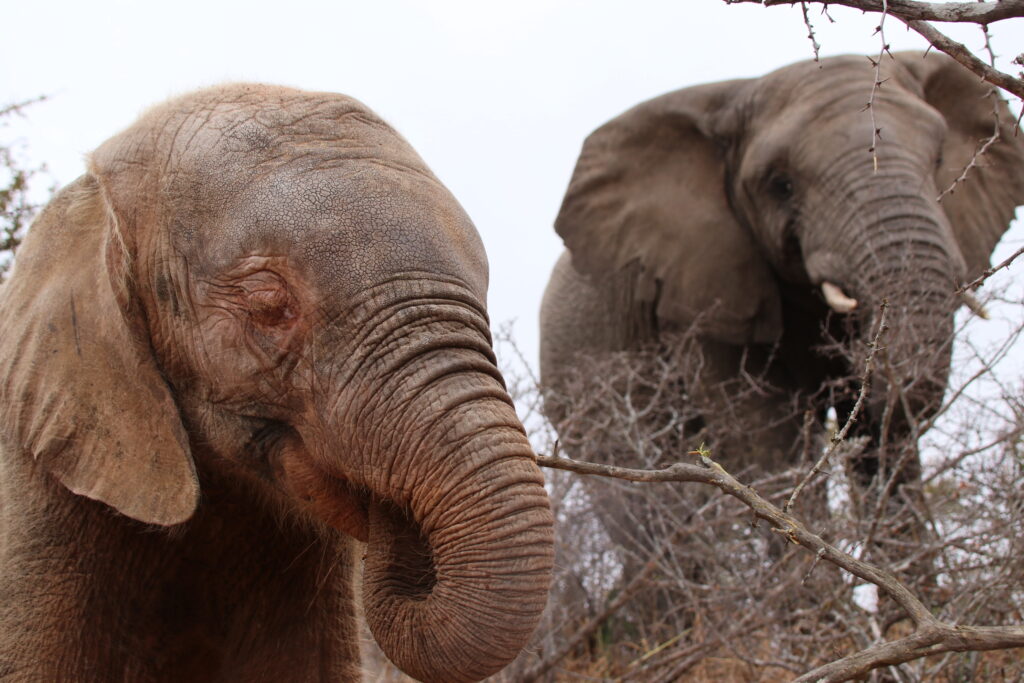
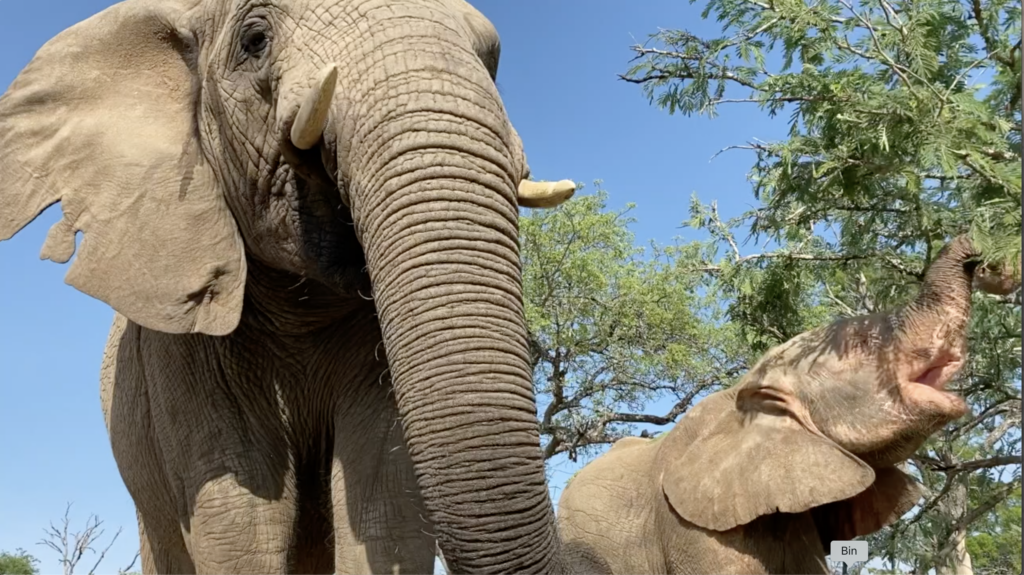
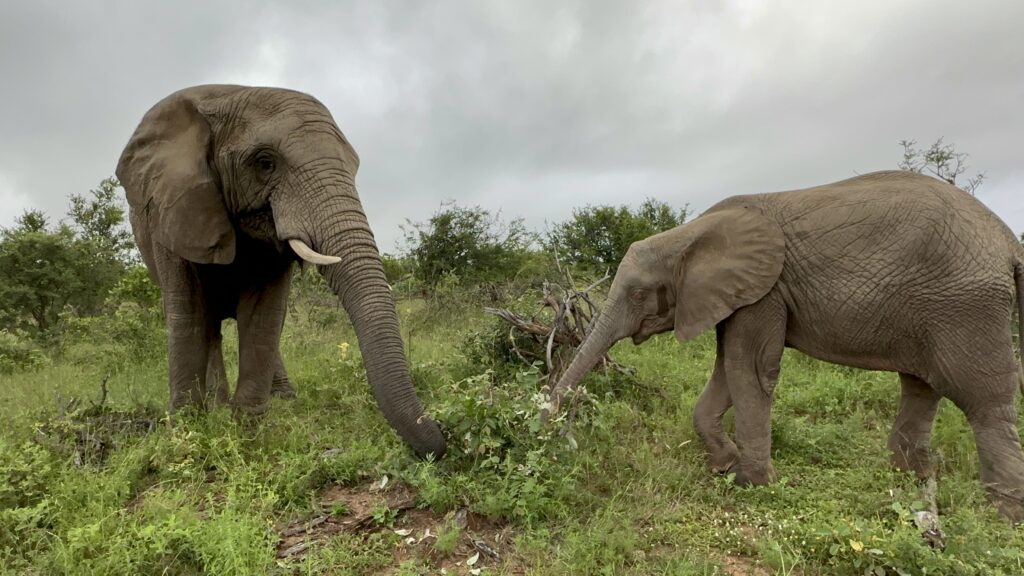
Setombe and Phabeni
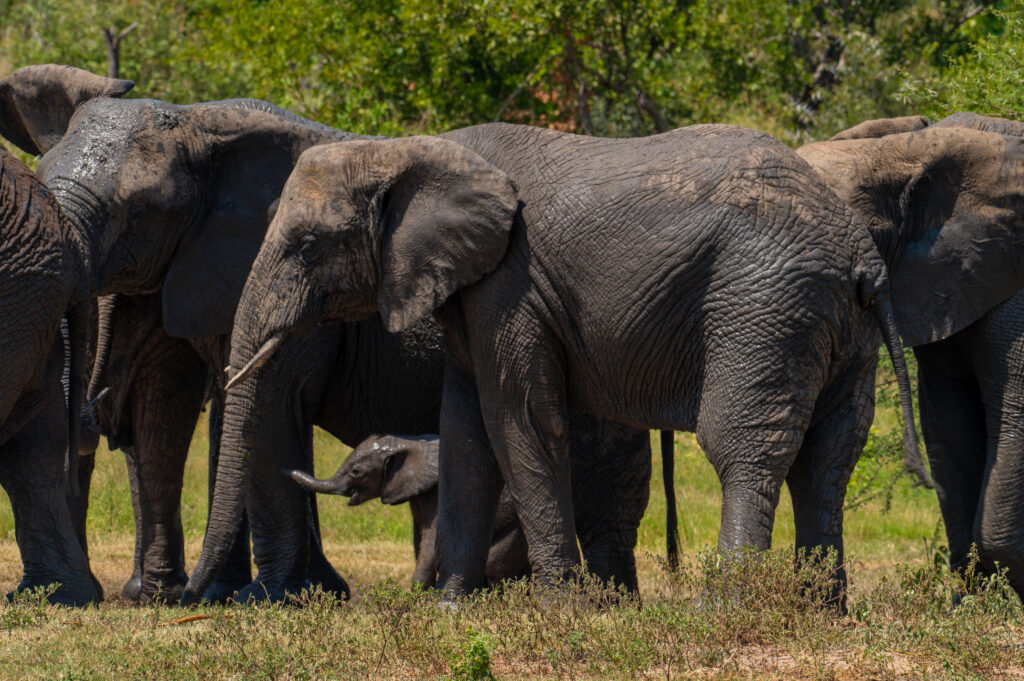
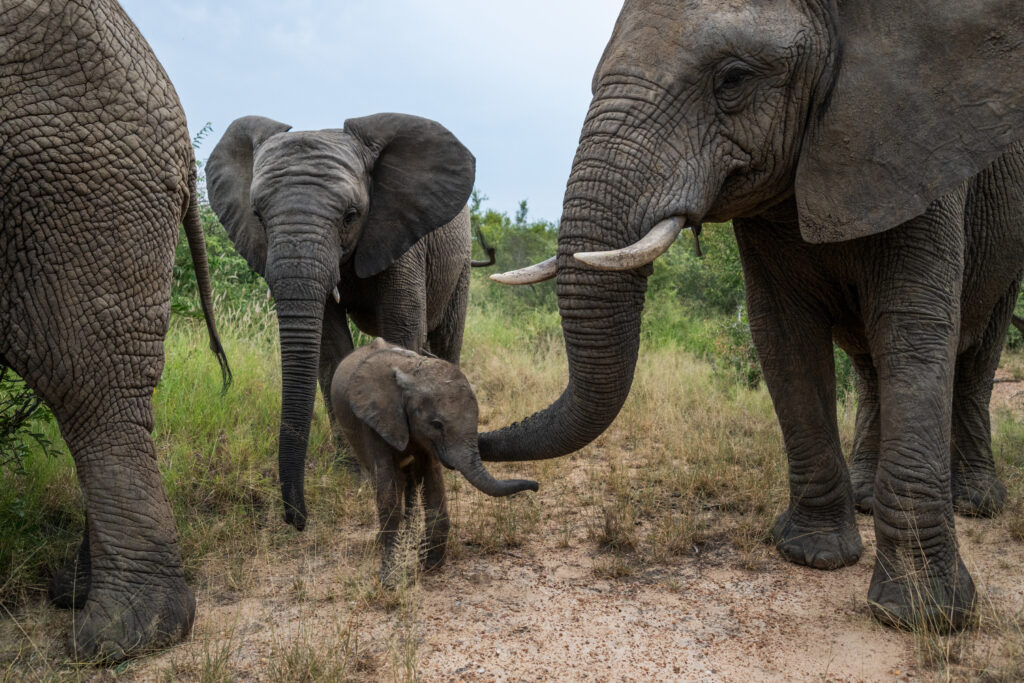
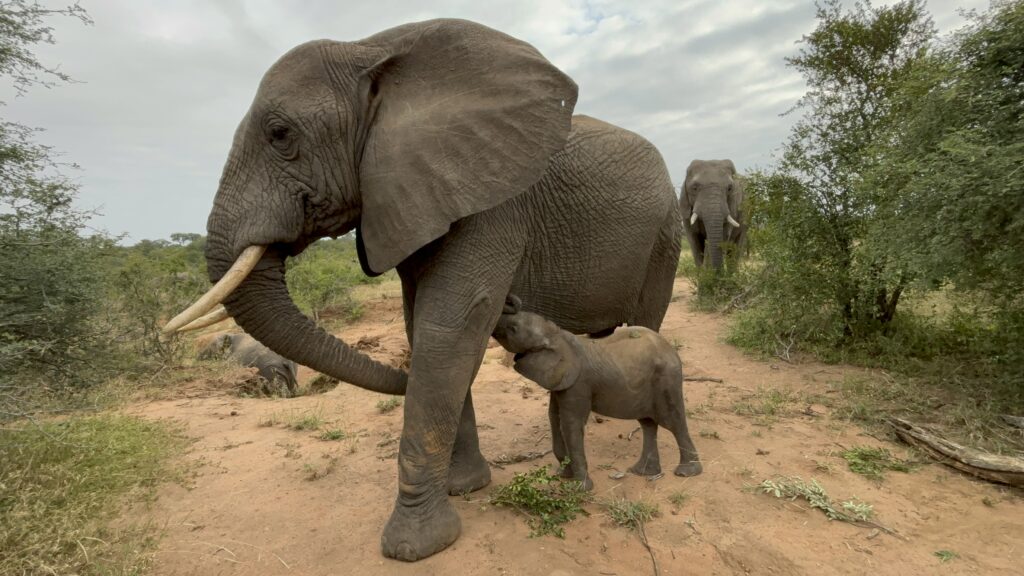
Lammie and Spotty
HERD’s companion sheep deserve a special shoutout for the roles they play in the herd. These sheep are a source of solace for the elephant orphans, staying by their side during their time at the orphanage until they’re ready to move to the homestead. They play a vital role in the orphans’ healing process, and we owe a special thank you to Lammie and Spotty (even though Spotty’s a boy, we still see him as an exceptional “mom”).
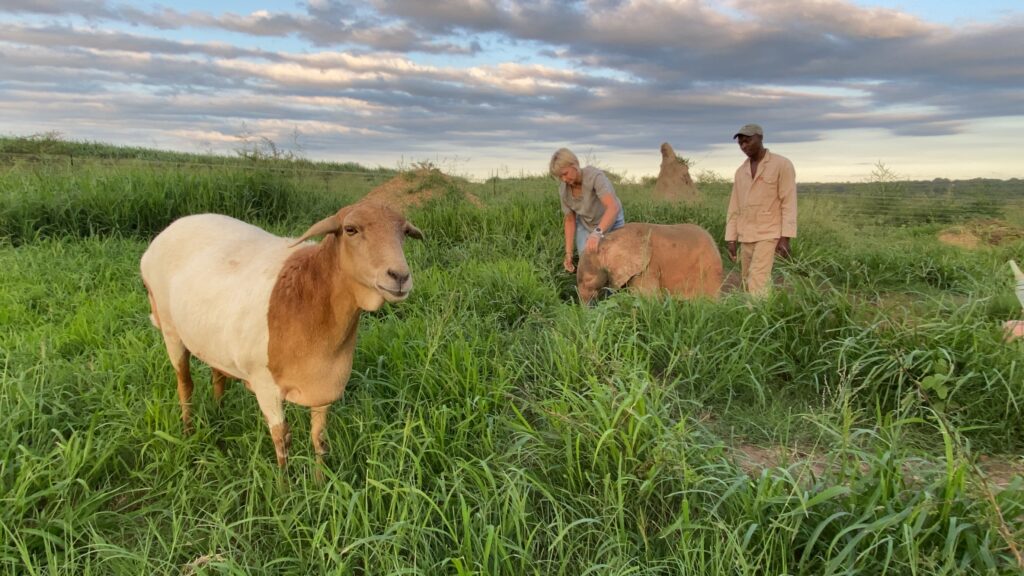
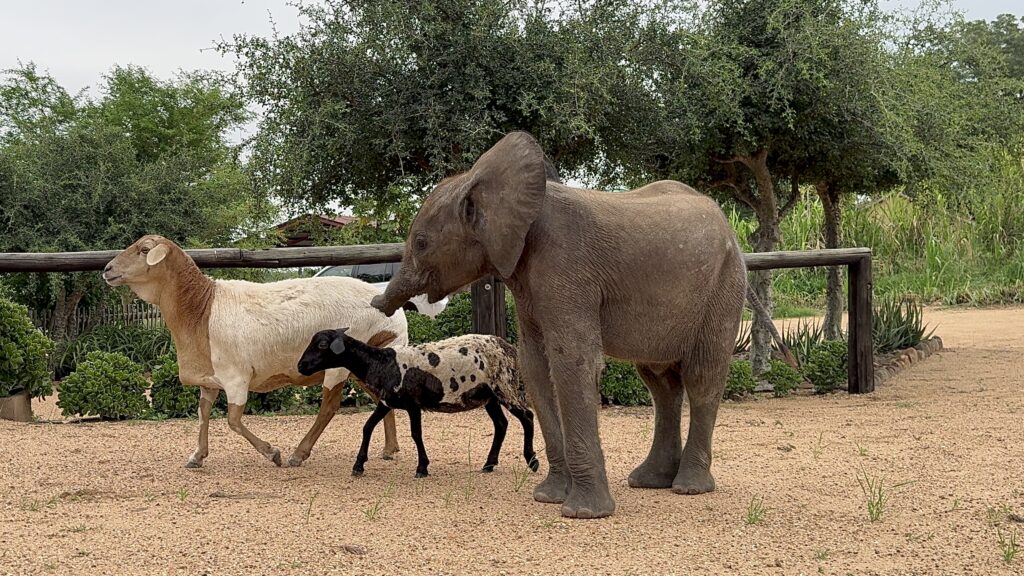
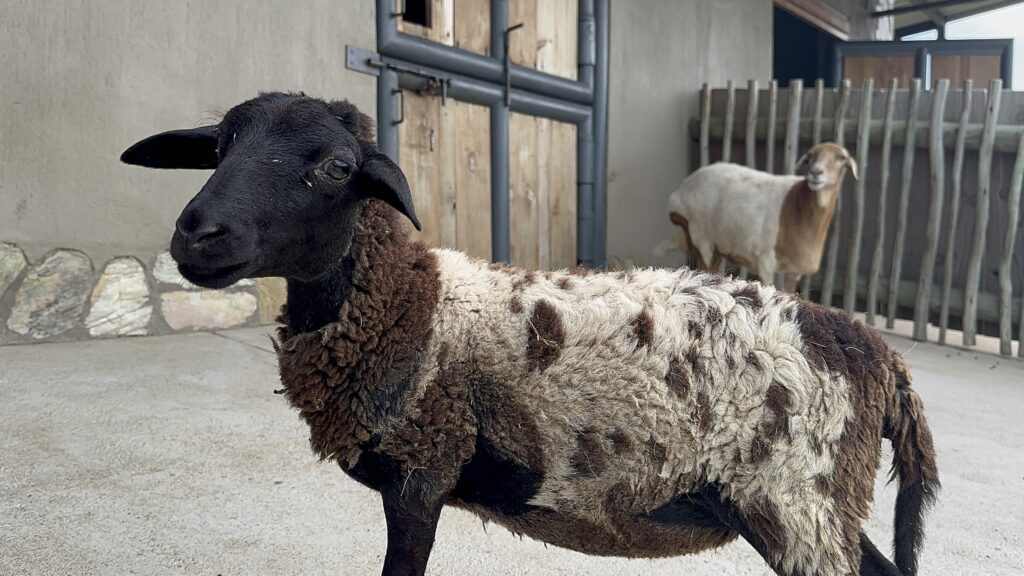



 Comment
Comment
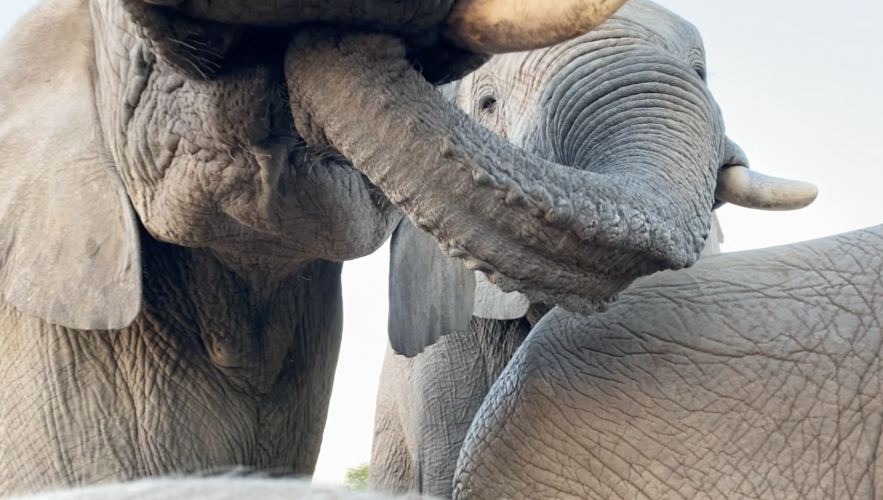





And a very special mention goes to Adine, who is the mother of all mothers to beast and human.
If there was a Nobel Prize for Caring and Giving, Adine Roode would be a laureate. Heartfelt thanks
from the international human herd who benefit from your work. You have no idea how important
you are in giving us hope in humanity.
Happy Mother’s Day to the Jabulani herd.
Thank you to all for taking care of these beautiful Ellies.
Adine and carers you are one in a million.
My daughter adopted Phabeni for me as a gift for Mother’s Day, the best I have ever had.
Blessings to you all!!